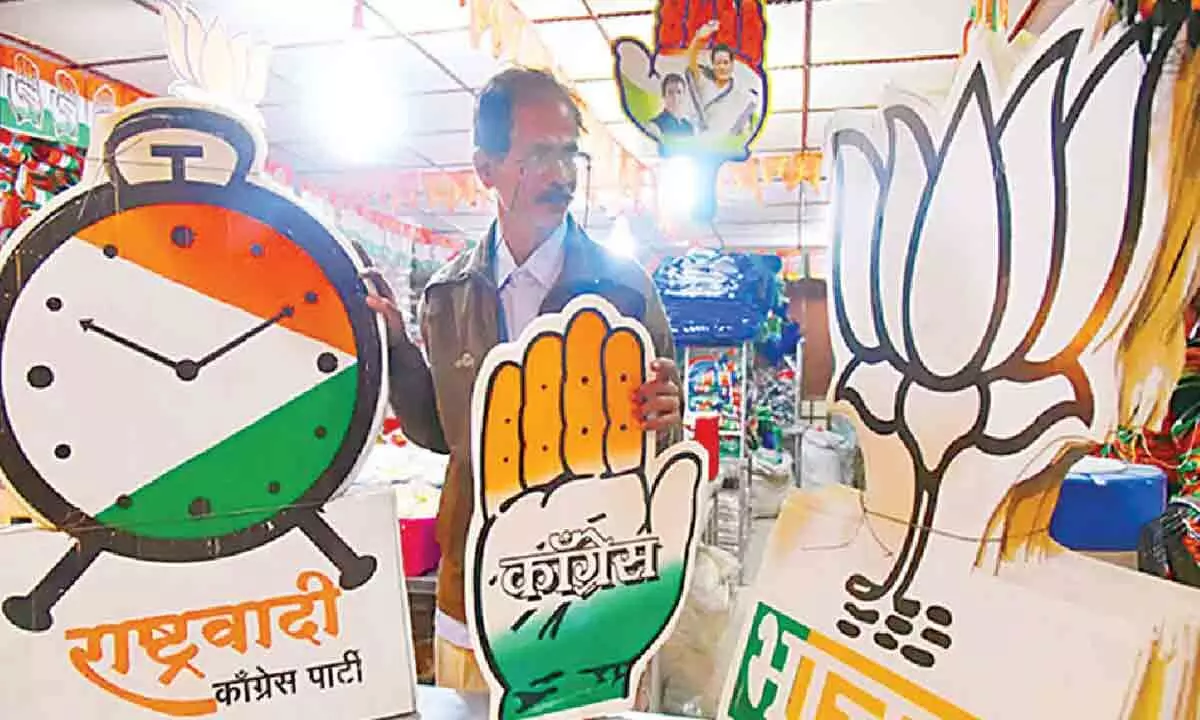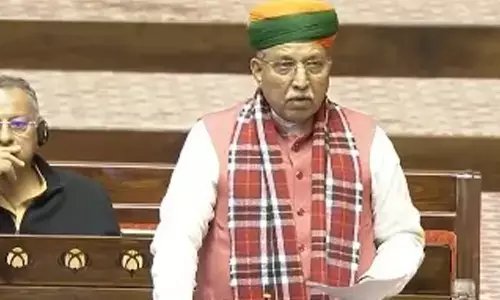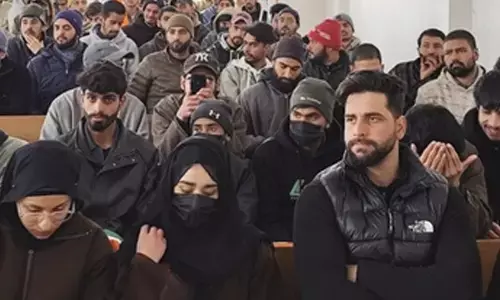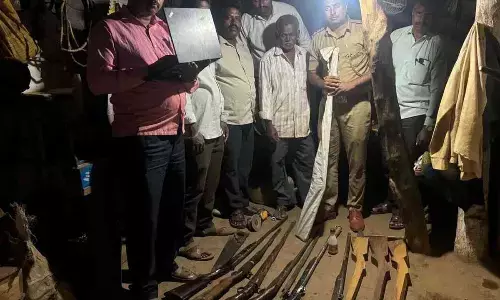Voters reject dynastic politics in Karnataka: Raja Mannar

Karnataka’ schanging political landscape has become evident in the results of the Shiggaavi and Channapatna by-elections, writes veteran political analyst of Karnataka politics- Raja Mannar. Both constituencies delivered a decisive verdict against dynastic politics, showcasing a shift in voter sentiment.
Bengaluru: Karnataka’ schanging political landscape has become evident in the results of the Shiggaavi and Channapatna by-elections, writes veteran political analyst of Karnataka politics- Raja Mannar. Both constituencies delivered a decisive verdict against dynastic politics, showcasing a shift in voter sentiment.
In Channapatna, located in the heart of Mandya and Bengaluru Rural regions—traditionally bastions of the Vokkaliga community—voters rejected a candidate with a strong political lineage. Despite his father being a Union Minister and his grandfather, a former Prime Minister and revered leader of the Vokkaligas, the electorate sent a clear message that lineage alone cannot secure votes.
A similar scenario unfolded in Shiggaavi, where the dominant Panchamasali Lingayats refused to support a candidate representing the traditional dynastic leadership of the Sadaru Lingayat faction. As Mannar points out, this constituency’s verdict highlights a growing rejection of hereditary entitlement in Karnataka politics.
Interestingly, in Shiggaavi, which has a significant Muslim voter base alongside Kuruba and Nayaka communities, the Congress’s victory defied expectations. Political analyst Prof. C. Narasimhappa called the result surprising, given that former Chief Minister Basavaraj Bommai managed to win this seat in the last election—a rare achievement against such odds.
However, in Sandur, another ST-reserved constituency, the Congress candidate Annapurna, wife of Bellary MP Tukaram, secured a victory. Mannar argues that while this win might superficially appear as another example of dynastic politics, it stemmed from Congress’s inability to find a strong alternative candidate.
Unlike the outright rejection seen in Channapatna and Shiggaavi, the absence of visible public discontent worked in Congress’s favour here. Raja Mannar also notes how language and cultural dynamics influenced these outcomes. In Sandur, the Kannada-speaking Tukaram’s community roots played a role, contrasting with BJP candidate Bangaru Hanumantu, who hailed from Andhra’s Telugu-speaking Rayalaseema region. Such factors, coupled with a lack of widespread voter dissatisfaction, helped Congress maintain its foothold.
Meanwhile, Channapatna’s victory is seen as a personal triumph for Deputy CM D.K. Shivakumar.
Mannar observes that voters have debunked the notion that Deve Gowda remains the unchallenged leader of the Vokkaliga community. This election signals a new era where voters prioritise leadership qualities and governance over familial legacy.














